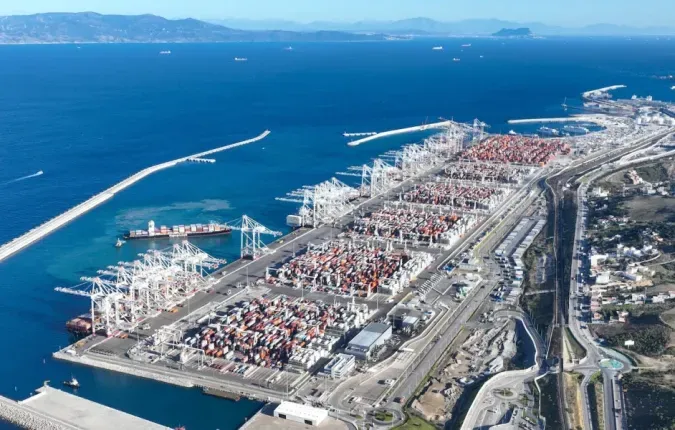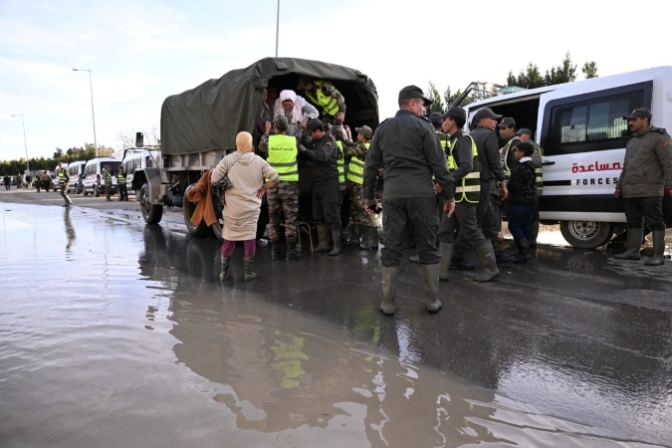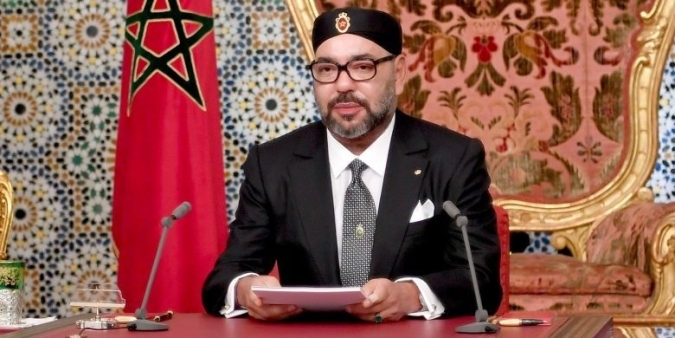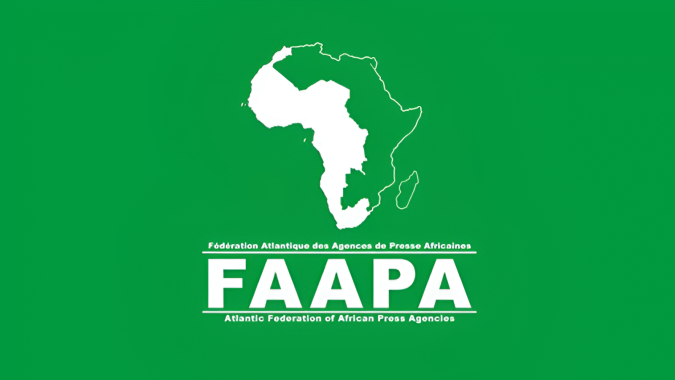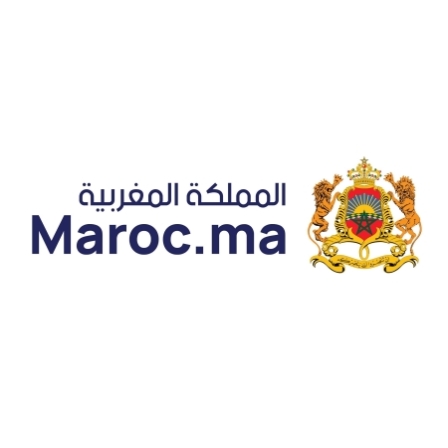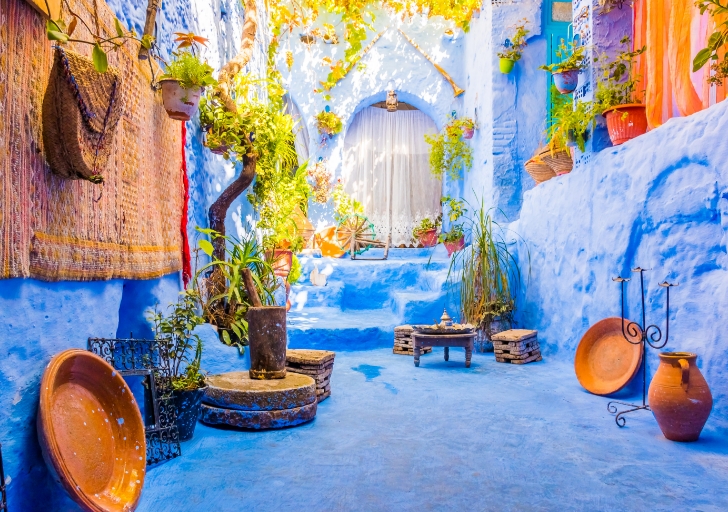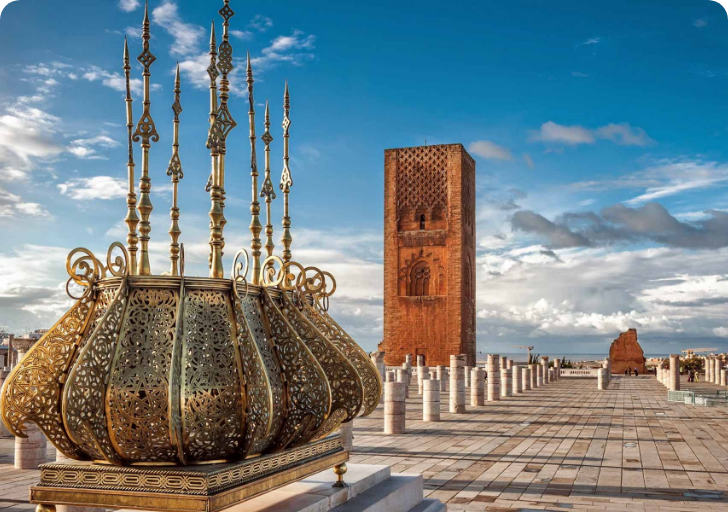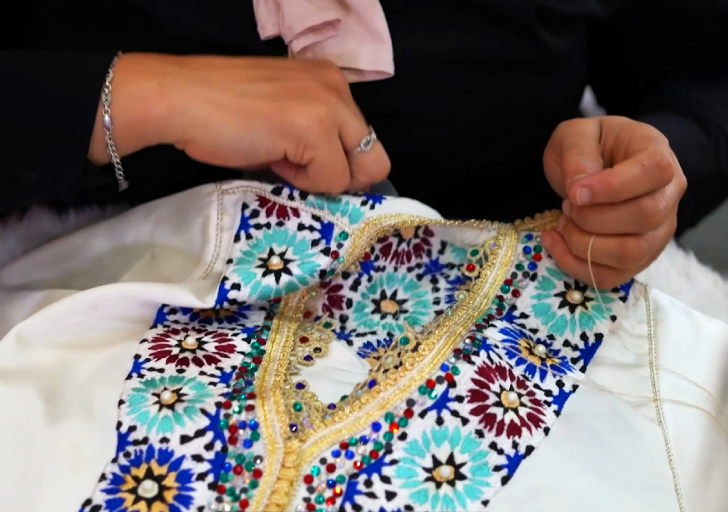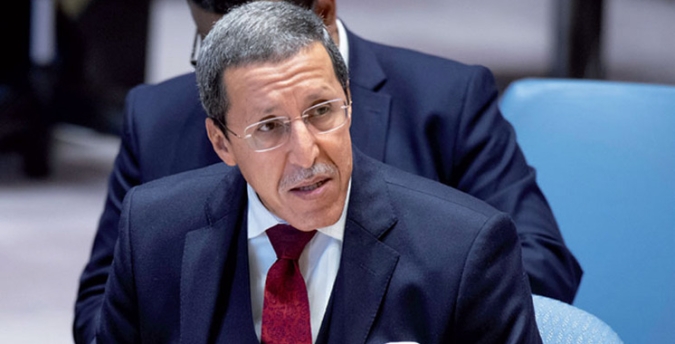
Morocco's Permanent Representative to the United Nations, Ambassador Omar Hilale, co-chaired, with his Finnish counterpart, Elina Kalkku, the 10th ECOSOC Multi-Stakeholder Forum on Science, Technology, and Innovation (STI Forum), which took place on May 7 and 8 in New York.
Themed "Advancing Sustainable, Inclusive, and Evidence-Based Science and Technology Solutions for the 2030 Agenda and its Sustainable Development Goals (SDGs)," the Forum was attended by UN General Assembly President Philemon Yang and ECOSOC President Bob Rae, as well as several ministers and senior officials representing member States, the private sector, and civil society.
In his opening remarks at the ministerial segment, Hilale pointed out that the Forum constitutes an unprecedented opportunity for frank dialogue and sincere interaction between the different stakeholders in order to incorporate science and technology into the implementation plans of the 2030 Development Agenda. He recalled that after 10 years of implementation of this Agenda, the achievement rate barely reaches 17% of the targeted objectives.
The Moroccan diplomat also highlighted the Forum's 10th anniversary, an opportunity to provide an interim assessment of progress made in implementing the SDGs 2015-2025, and explore possible opportunities following the adoption of the Global Digital Compact last September by the General Assembly, taking into account ongoing dynamics within the UN, for the organization of the 4th International Conference on Financing for Development, scheduled for next June in Seville, and the second World Summit for Social Development, in November 2025, in Doha.
As guest of honor at the Forum, the Minister Delegate for Digital Transition and Administrative Reform, Amal El Fallah Seghrouchni, emphasized, in her virtual message, "the collective responsibility to ensure that the digital future is not a reproduction of yesterday's inequalities, but rather a promise of inclusive and sustainable transformation". She also emphasized that technology must be harnessed to serve humanity, social justice, equity, and shared progress to shape the future.
Sharing her experience as an artificial intelligence researcher and Minister Delegate, Ms. Seghrouchni reviewed Morocco's technological capital and its role in social transformation, citing in particular the impact of the "African Women in Tech and AI" initiatives, which bring together 80 women entrepreneurs from 28 African countries, and the "Rabat Consensus" aimed at developing an artificial intelligence governance framework dedicated to the African continent.
For his part, the President of the UNGA called, during his opening remarks, for forging avenues of cooperation and partnership, investing in national policies and regulatory frameworks, encouraging dialogue, and working with all stakeholders to harness the potential of science, technology, and innovation, while addressing concerns about the digital divide and governance to ensure equitable access for all and leave no one behind.
Throughout the Forum, Morocco emphasized the decisive impact of the digital divide on access to technological infrastructure, databases, and talent, with a particular focus on the African continent.
The Moroccan delegation expressed the Kingdom's commitment to a sovereign, inclusive, and responsible digital transition, highlighting the "Morocco Digital 2030" strategy and its objectives, which include strengthening digital public services and upgrading human capital. The delegation also cited the launch of the D4SD Initiative project, which promotes Morocco's position as a regional leader in digital transformation.
Appointed last December as co-chair of the ECOSOC Forum for Science, Technology, and Innovation, Ambassador Hilale will present, jointly with his Finnish counterpart, the conclusions and recommendations of the STI Forum's work next July to the ECOSOC High-Level Political Forum, the UN's highest-level body responsible for implementing the SDGs.
MAP: 09 mai 2025
